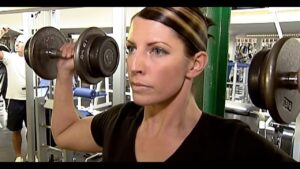Talk to a Dr. Berg Keto Consultant today and get the help you need on your journey. Call 1-540-299-1556 with your questions about Keto, Intermittent Fasting or the use of Dr. Berg products. Consultants are available Monday through Friday from 8 am to 10 pm EST. Saturday & Sunday from 9 am to 6 pm EST. USA Only. . . Check Out Thomas DeLauer’s Channel Here: http://Bit.ly/ThomasVid Click Here to Subscribe: http://bit.ly/2FmsvSE Dr. Berg & Thomas DeLauer Joint Video: The 3 Myths of Muscle Building. This is a joint video on the three muscle building myths. Myth #1: We Need Carbs to Build Muscle This is true to some degree, however, too much insulin causes a condition called insulin resistance, which then causes the body not to be able to absorb insulin anymore. This is a situation in the body where there is both excess insulin in certain places and insufficient insulin in other places. And carbs do trigger insulin but the question is how much glucose (concentrated carbs) do we really need in our blood to maintain normal. Well it’s only a very small amount. If you look at normal blood sugar (80-90 mg/dl), we only need around 1 teaspoon of sugar per our entire body’s blood. But an average person consumes 27-31 tsp of sugar per day. Thomas Delauer explains his history of consuming carbs all the time and how it influenced his body weight. With all the carbs and all the insulin, the body adapts and creates insulin resistance, which makes insulin unavailable and forces the body to make more insulin. Ketosis actually preserve glucose in the muscle and this protects your muscles. The best way to preserve muscle is keeping your fat content high (but keeping your carbs low). Myth #2 We Need Lots of Protein to Build Muscle Makes sense since our muscles are made of protein, however, excess dietary protein triggers insulin and can limit your body to absorb protein. When you do ketosis and intermittent fasting you can increase Growth Hormone which preserves your muscles. On average our body needs 3-6 ounces of protein with each meal. Thomas DeLauer recommends we need 0.50-0.70 grams of protein per lb of body weight. He explains that too much protein can also negatively effect your kidneys. To build muscle, we only need “slightly above baseline” and anything above will be wasted and create additional problems with the body. Myth #3 Building More Muscle Will Burn More Fat Actually this is not true. More muscle can burn more calories but you have to differentiate what type of calories you are talking about (sugar calories or fat calories). Burning fat calories occurs when you lower the carbs and lower the frequency of eating. Take Dr. Berg’s Free Keto Mini-Course: http://pxlme.me/-i717vtY or go here: https://bit.ly/2JbISDo Dr. Berg, age 56, is a chiropractor who specializes in Healthy Ketosis & Intermittent Fasting. He is the author of the best-selling book The Healthy Keto Plan, and is the Director of Dr. Berg Nutritionals. He no longer practices, but focuses on health education through social media. DR. BERG’S SHOP: https://bit.ly/2Z1Wtr9 Follow us on FACEBOOK: fb.me/DrEricBerg Send a Message to Dr. Berg and his team: m.me/DrEricBerg DR. BERG’S VIDEO BLOG: https://bit.ly/3fMX8CB ABOUT DR. BERG: https://bit.ly/3fNeb7J Disclaimer: Dr. Eric Berg received his Doctor of Chiropractic degree from Palmer College of Chiropractic in 1988. His use of “doctor” or “Dr.” in relation to himself solely refers to that degree. Dr. Berg is a licensed chiropractor in Virginia, California, and Louisiana, but he no longer practices chiropractic in any state and does not see patients so he can focus on educating people as a full time activity, yet he maintains an active license. This video is for general informational purposes only. It should not be used to self-diagnose and it is not a substitute for a medical exam, cure, treatment, diagnosis, and prescription or recommendation. It does not create a doctor-patient relationship between Dr. Berg and you. You should not make any change in your health regimen or diet before first consulting a physician and obtaining a medical exam, diagnosis, and recommendation. Always seek the advice of a physician or other qualified health provider with any questions you may have regarding a medical condition. The Health & Wellness, Dr. Berg Nutritionals and Dr. Eric Berg, D.C. are not liable or responsible for any advice, course of treatment, diagnosis or any other information, services or product you obtain through this video or site.
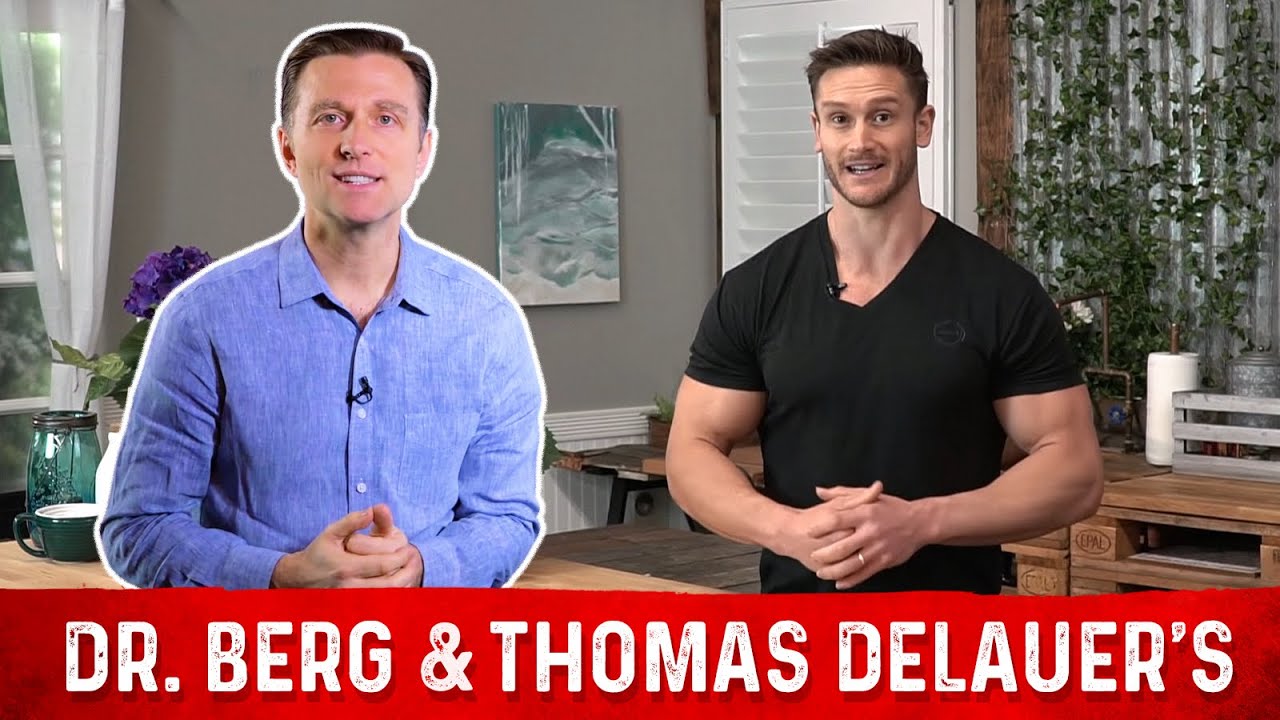
The 3 Myths of Building Muscles – Dr.Berg & Thomas DeLauer’s Joint Video
- Post author:
- Post published:May 31, 2021
- Post category:Uncategorized
- Post comments:0 Comments
You Might Also Like
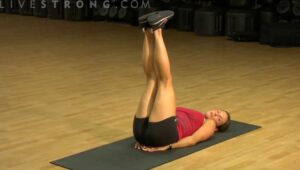
Leg Raises-1
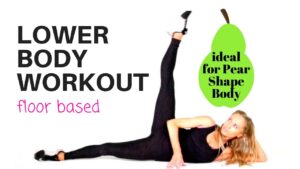
HOME WORKOUT FOR WOMEN – LOWER BODY IDEAL FOR PEAR SHAPE- all floor moves pilates style START NOW
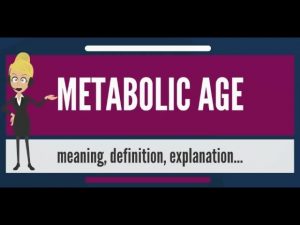
What is METABOLIC AGE? What does METABOLIC AGE mean? METABOLIC AGE meaning & explanation

4 Nutrition Tips for a Healthy Heart
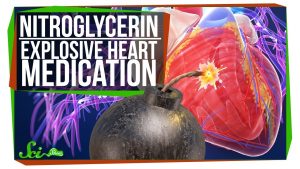
Nitroglycerin: Explosive Heart Medication
Insulin Muscle Gain

Growth Hormone Diet
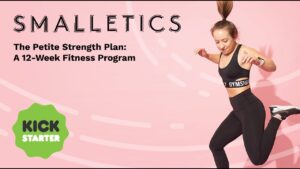
A FITNESS PROGRAM FOR SHORT + PETITE WOMEN

Asanas Meaning And More Asanas Video – 1
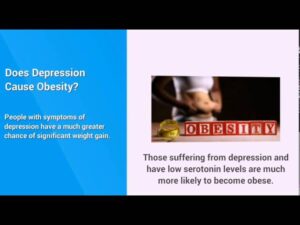
The Obesity Depression Connection
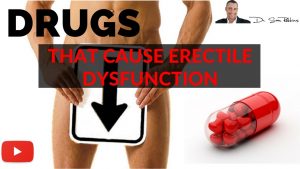
♂ Drugs That Cause Erectile Dysfunction & Lower Your Libido – by Dr Sam Robbins
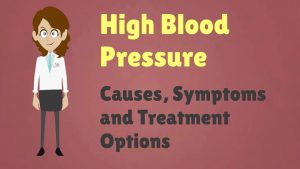
High Blood Pressure – Causes, Symptoms and Treatment Options
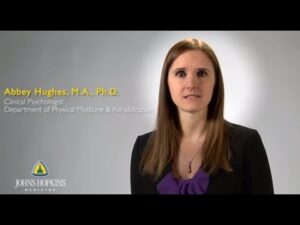
Clinical Psychology Video – 1
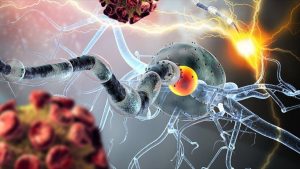
Zika Virus – A New Cure For Cancer

Modern Pentathlon Video – 2
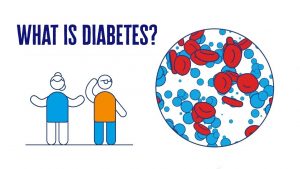
What Is Diabetes? | 2 Minute Guide | Diabetes UK

Fitness Tips : How to Calculate a BMR
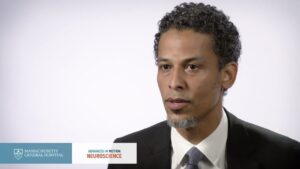
Neuro Surgery Video – 4
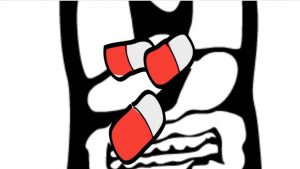
Drug Metabolism Animation

Yoga Industry And Advantages Video – 4
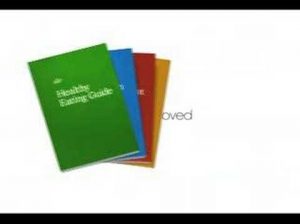
do i really need alli? why not just diet and exercise?

Vitamins – What are Vitamins – Types Of Vitamins – Fat Soluble Vitamins – Water Soluble Vitamins
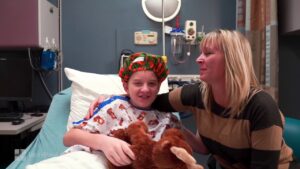
Pre Surgery Video – 5

My Complete Ab Workout – Rob Riches
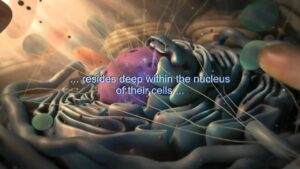
Introduction to Genetics
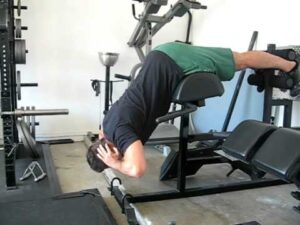
Good Back Extension (Should be Called Hip Extension)
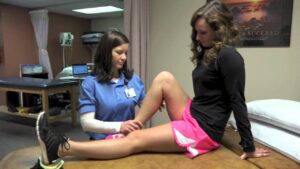
Orthopedic Physiotherapy Video – 5

Preventive Medicine Video – 4
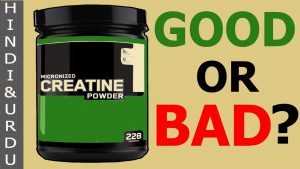
IS CREATINE POWDER DANGEROUS ? ( HINDI ) – ANIMATED SCIENCE FACTS
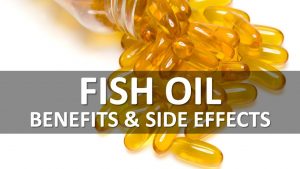
Fish Oil Benefits and Side Effects
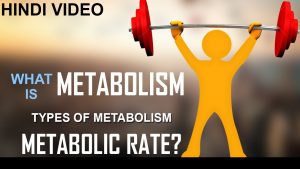
What is Metabolism, Types Of Metabolism and Metabolic Rate In Hindi
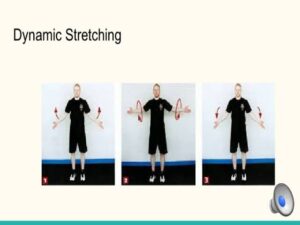
Types of Stretching
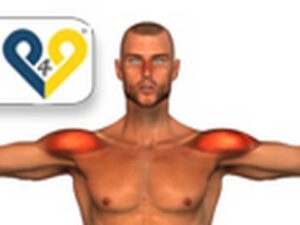
Lateral Raises-5

Dementia Video – 3

Emergency Medicine Video – 2
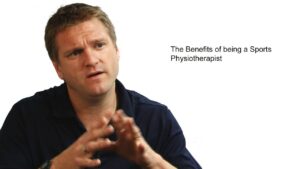
Sports Physiotherapy Video – 8

Dynamic training – 7 back exercises
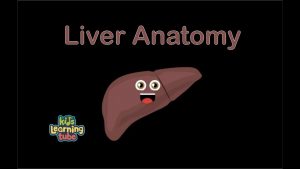
The Liver Anatomy Song for Kids

Stability-Ball Back Extension – Unleash Your Hottest Body
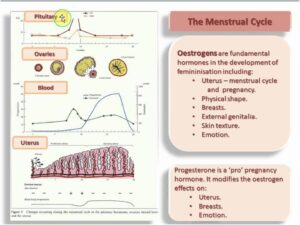
Menstrual Cycle – Hormone Control – Oestrogen Progesterone

weighted ball hyperextension w en
